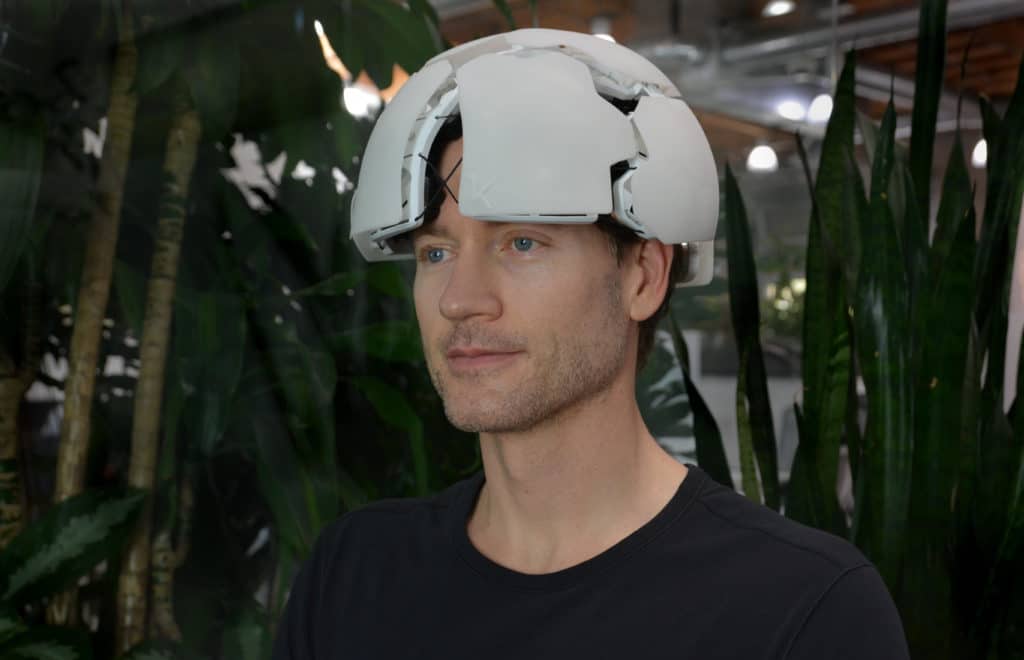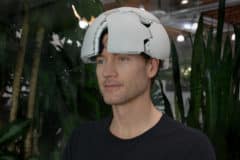Have you heard of Bryan Johnson?
The man who spends $2M/yr optimizing his health and tracking all of his biometrics to reverse his rate of aging?
The man who has swapped blood plasma with his father/son in pursuit of the fountain of youth?
In the realm of modern science and technology, few figures stir as much intrigue and controversy as Bryan Johnson.
While there has been no shortage of media coverage portraying Johnson to be an elitist freakshow, I was struck by the Bryan Johnson interview on the Rich Roll podcast.
Rich Roll, an excellent interviewer, humanized Johnson’s anti-aging pursuit and shed light on some of the deeper, philosophical underpinnings of Johnson’s “Don’t Die” movement.
Why Johnson Is Working to Extend Lifespans:
As a species, Johnson believes that extending lifespans is not only possible but a) inevitable and b) in alignment with the needs of humanity/planet now and in the future.
As modern humans with the same primitive neural software as our earliest ancestors, we’re pretty awful at making decisions that are in our species’ best interest.
In the same way that we’ve outsourced driving directions to technology (think: Waze, Google Maps), Johnson argues that same outsourcing will (inevitably) apply to our health.
A Case in Support of the “Don’t Die” Movement
Innovation in Health and Aging:
Bryan Johnson’s project is pioneering in the field of healthspan extension. His experimentation is contributing to the development of new methods and technologies that could potentially benefit everyone.
Preventative Healthcare Model:
Johnson’s approach promotes a shift from a reactive to a proactive healthcare model. By focusing on preventing aging and optimizing health, society could potentially reduce the burden of chronic diseases, lower healthcare costs, and improve the quality of life for aging populations.
Inspiration and Community Engagement:
Johnson’s open approach to his health regimen inspires others and encourages community engagement. His project fosters a supportive community where individuals are motivated to take charge of their health, share insights, and help each other improve.
Ethical AI Integration:
By aligning AI developments with humanistic goals, Johnson’s project could guide the ethical integration of AI in society.
A Case Against the “Don’t Die” Movement
Feasibility and Accessibility:
The highly personalized and resource-intensive nature of Johnson’s regimen is impractical for most, potentially exacerbating health inequalities instead of alleviating them.
Biological and Ethical Concerns:
Extending lifespan significantly could have unforeseen biological and social consequences, including overpopulation and resource depletion. Ethically, it also raises questions about the natural course of life and death.
Cultural and Psychological Impact:
The intense focus on avoiding death might lead to an unhealthy obsession with aging and mortality.
Dependency on Technology:
Relying heavily on AI and other technologies for health management risks creating dependencies that could be exploited commercially or otherwise. It also raises issues about privacy.
Philosophical and Existential Risks:
The pursuit of immortality or extreme longevity might distract from addressing other urgent human and societal issues.
Unorthodox Thinkers Ahead of Their Time
In response to those that criticize his methods and approach, Johnson has said that he cares less about the judgment from his contemporaries than he does about those living 500 years from now.
In the same way we 21st century humans look at the 16th century and compress it down into a few big milestones and breakthroughs, Johnson challenges us to think from the perspective of someone in the 26th century.
As a 26th-century person looking back at the 21st-century on the eve of superintelligence, what was the single breakthrough that helped make intelligent existence thrive?
Bryan Johnson believes (or hopes) that the answer is that humans were able to unite on their one common foe: death.
By deploying a superintelligence that is aligned to the thriving of intelligent existence, we have a fighting chance at improving and preserving:
- the planet
- peace
- human life
Ambitious? Naive? Realistic?
Time will tell.
In the meantime, it’s worth reminding ourselves to stay humble about the possibilities.
Many individuals that we now recognize as groundbreaking thinkers were criticized while alive.
Some examples:
- Galileo Galilei: After positing that the Earth orbits the sun, Galileo was placed under house arrest.
- Charles Darwin: His initial theories of evolution by natural selection were met with outrage and disbelief.
- Ingaz Semmelweis: Was mocked and resisted by the medical community for promoting handwashing in medical clinics.
- Alfred Wegener: Was ridiculed during his lifetime for his theory of continental drift, later validated by the discovery of plate tectonics.
Final Thoughts:
Would you outsource decisions regarding your sleep, nutrition, and physical activity patterns to an algorithm?
What if that algorithm was proven to improve your health – mentally, physically, and emotionally?
The possibility to do exactly that, while currently bordering sci-fi, may be closer than we realize.
IMAGE: Used with permission from Wkimedia Commons.






